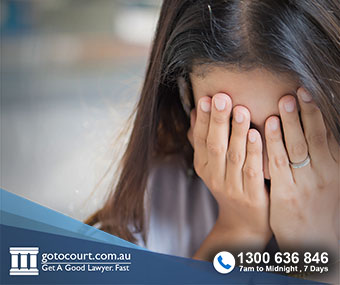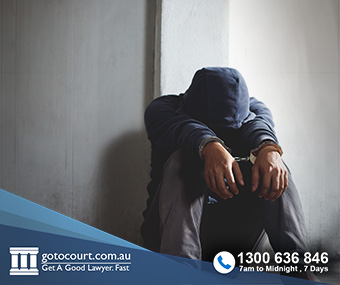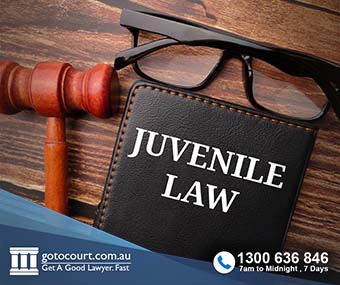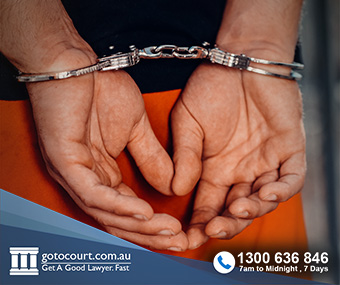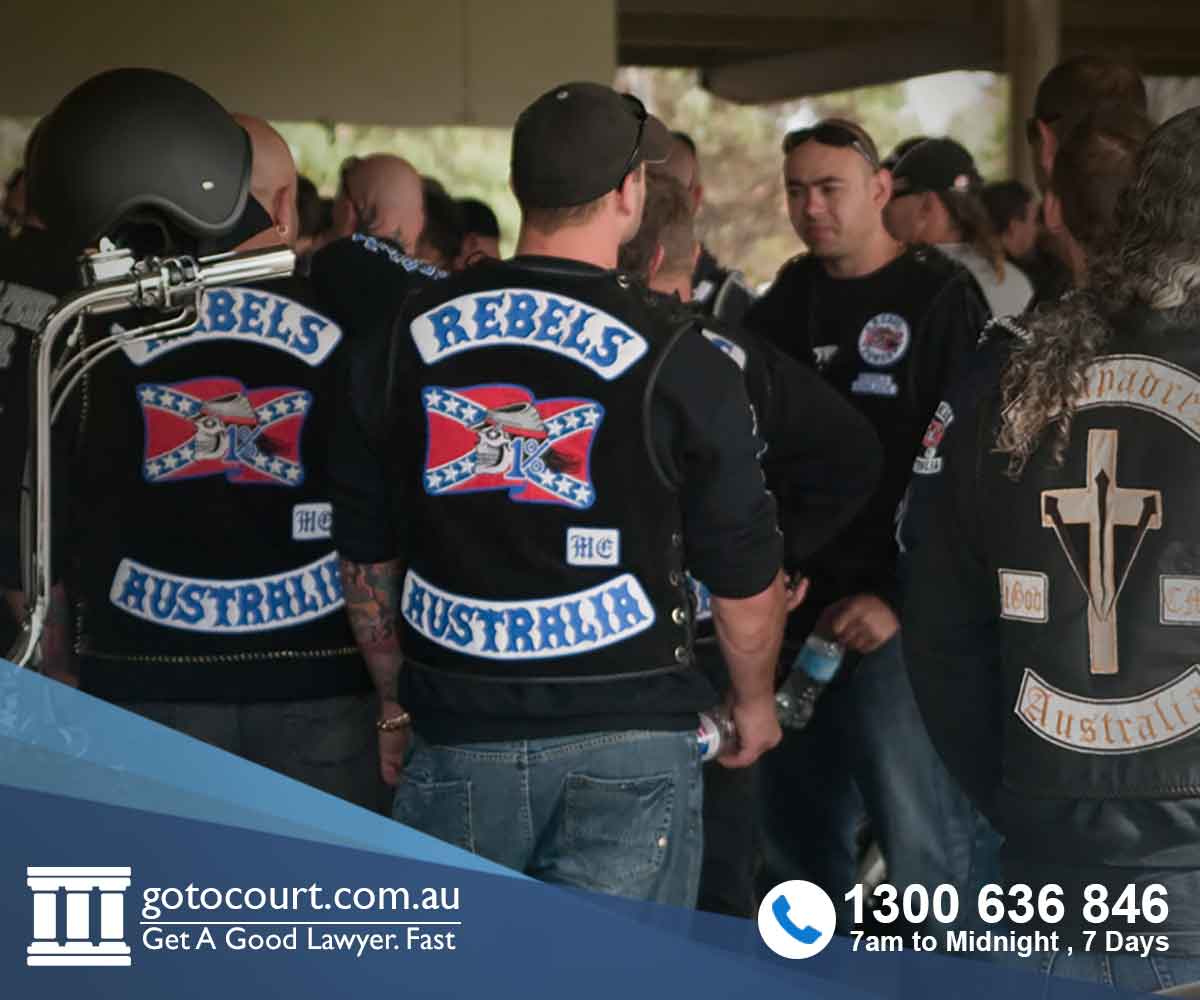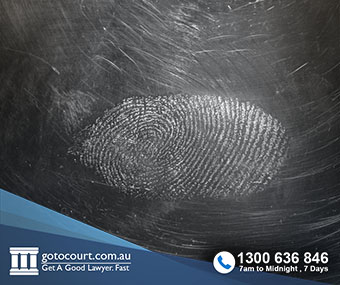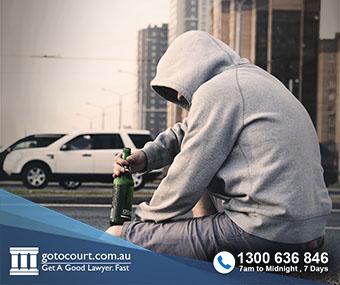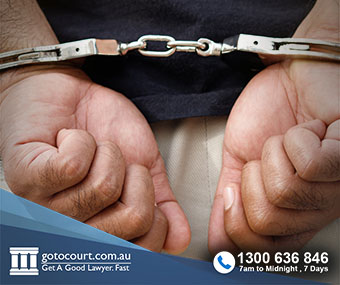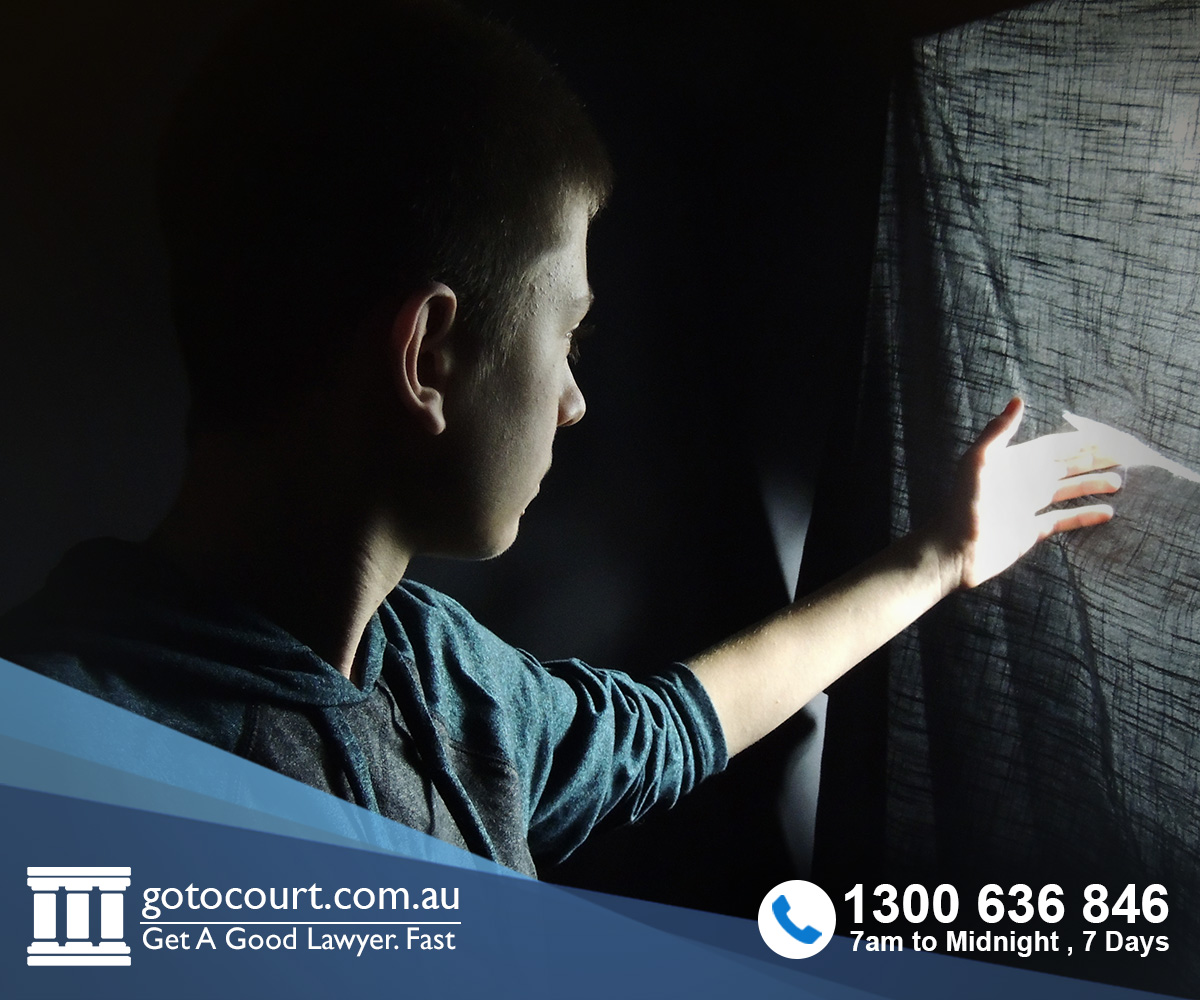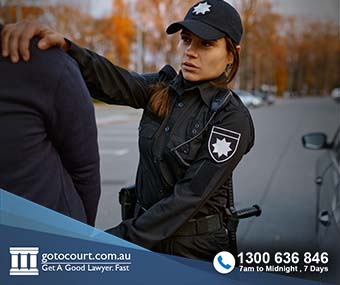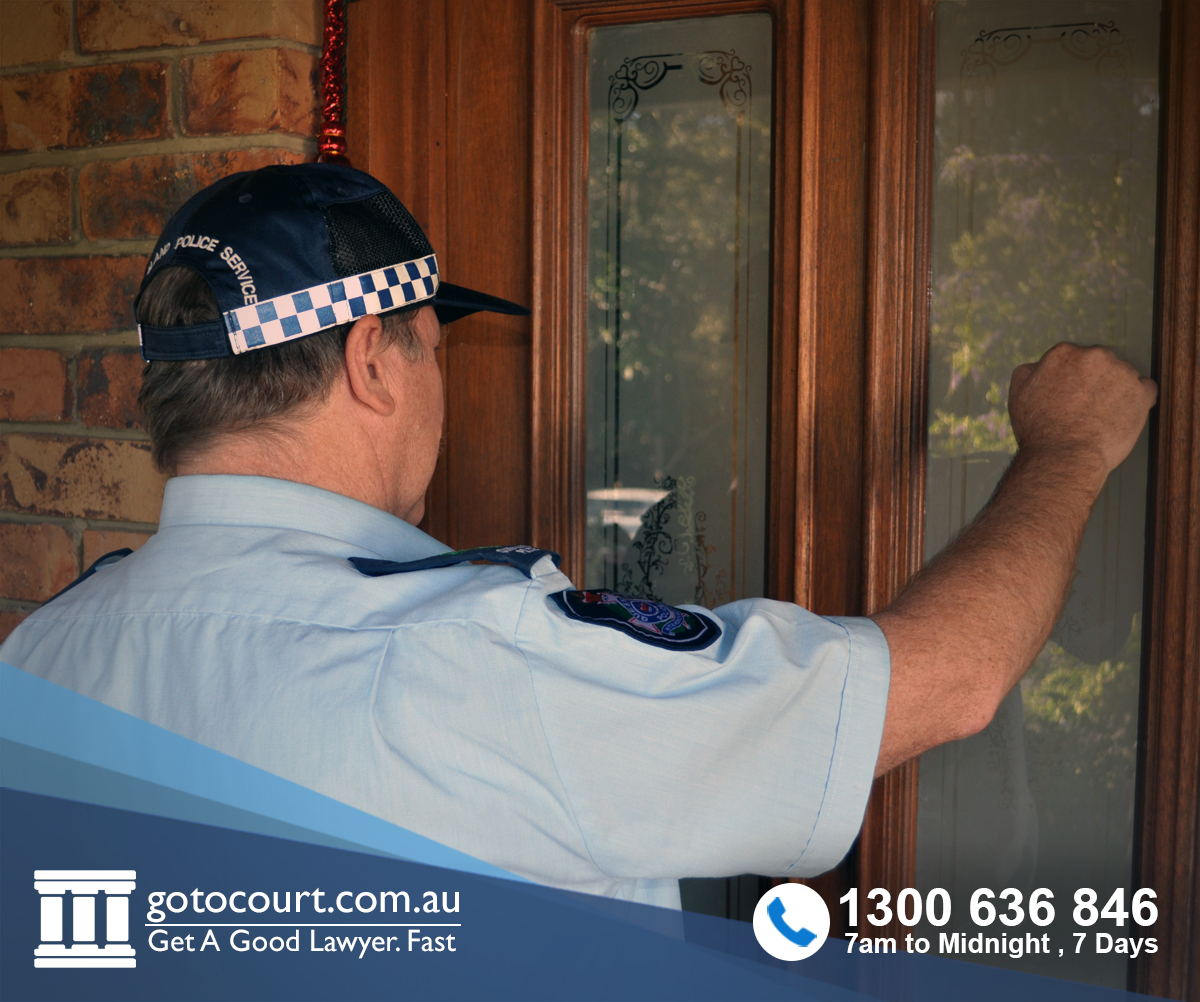Call our lawyers
now
or,
have our lawyers
call you
The Right to Silence (Qld)
Updated on Dec 13, 2022 • 4 min read • 470 views • Copy Link
The Right to Silence (Qld)
The right to silence is recognised as a fundamental common law right in all Australian jurisdictions. In Queensland, it is codified in Section 397 of the Police Powers and Responsibility Act (PPRA), which states that a person’s right to refuse to answer questions is protected, unless they are required under legislation to answer the questions. The basis of the right to silence is the principle that the burden of proving an accused’s guilt beyond a reasonable doubt falls on the Crown, and an accused cannot be compelled to self-incriminate.
Case law
In the 1991 case of Petty & Maiden v The Queen, it was determined that a jury cannot draw an adverse inference against an accused because the accused refused to give an account to the police.
However, this rule can vary when an accused agrees to answer some questions but refuses to answer others, or where a person does not explain matters that are solely within their knowledge.
Legislation
Section 431 of the PPRA states:
“(1) A police officer must, before a relevant person is questioned, caution the person in the way required under the responsibilities code.
(2) The caution must be given in, or translated into, a language in which the person is able to communicate with reasonable fluency but need not be given in writing unless the person cannot hear adequately.
(3) If the police officer reasonably suspects the person does not understand the caution, the officer may ask the person to explain the meaning of the caution in his or her own words.
(4) If necessary, the police officer must further explain the caution.”
The above provision sets the standards that police officers are required to adhere to when questioning a person. The police are required to inform the person being questioned that anything they say may be used as evidence in criminal proceedings against them. The law requires police officers to be certain that the person understands their right to silence before proceeding with the interview. This may mean using an interpreter or asking the suspect to paraphrase the caution to ensure they have understood it correctly.
What if the police fail to caution the suspect?
If the police fail to caution a person before questioning them or if they do not give the caution in a way the person can understand, this can affect the admissibility of the evidence the person gives during the interview. When admissions are made but the suspect was not properly cautioned, the defence will usually challenge the admissibility of the admissions in a pre-trial proceeding called a voir dire. If the court considers the police failed to adequately inform the suspect of their right to silence, it will exclude the admissions from evidence and the prosecution will not be able to rely on them. This is to ensure that police comply with the law and that prosecution is not allowed to benefit from a failure by police to uphold the rights of an accused.
Exceptions to the right to silence
Section 431(5) of the PPRA provides an exception to the right to silence if another Act requires the person to answer questions. An example of this is when police require a person to provide their name and address. Under section 41 of the PPRA, a person must provide police with their name and address in certain circumstances, such as when police find them committing an offence or have reasonable grounds for suspecting they has committed an offence. Failure to provide these details when asked can result in a criminal charge.
Should you exercise your right to silence?
At times it can be beneficial to cooperate with police when you are a suspect as this can result in a more lenient penalty. However, it’s crucial to remember that the right to silence is protected by law, and that you cannot get into any trouble, or be inferred to be guilty, because you chose to exercise that right. The ultimate responsibility for proving an accused guilty lies with the prosecution and an accused is not required to prove their innocence by presenting an account of what happened.
If police ask you to take part in an interview it is always a good idea to receive legal advice before agreeing to do so. If you require legal advice or representation in a criminal law matter or in any other legal matter, please contact Go To Court Lawyers.


Affordable Lawyers
Our Go To Court Lawyers will assist you in all areas of law. We specialise in providing legal advice urgently – at the time when you need it most. If you need a lawyer right now, today, we can help you – no matter where you are in Australia.How It Works








1. You speak directly to a lawyer
When you call the Go To Court Legal Hotline, you will be connected directly to a lawyer, every time.


2. Get your legal situation assessed
We determine the best way forward in your legal matter, free of charge. If you want to go ahead and book a face-to-face appointment, we will connect you with a specialist in your local area.


3. We arrange everything as needed
If you want to go ahead and book a fact-to-face appointment, we will connect you with a specialist in your local area no matter where you are and even at very short notice.



